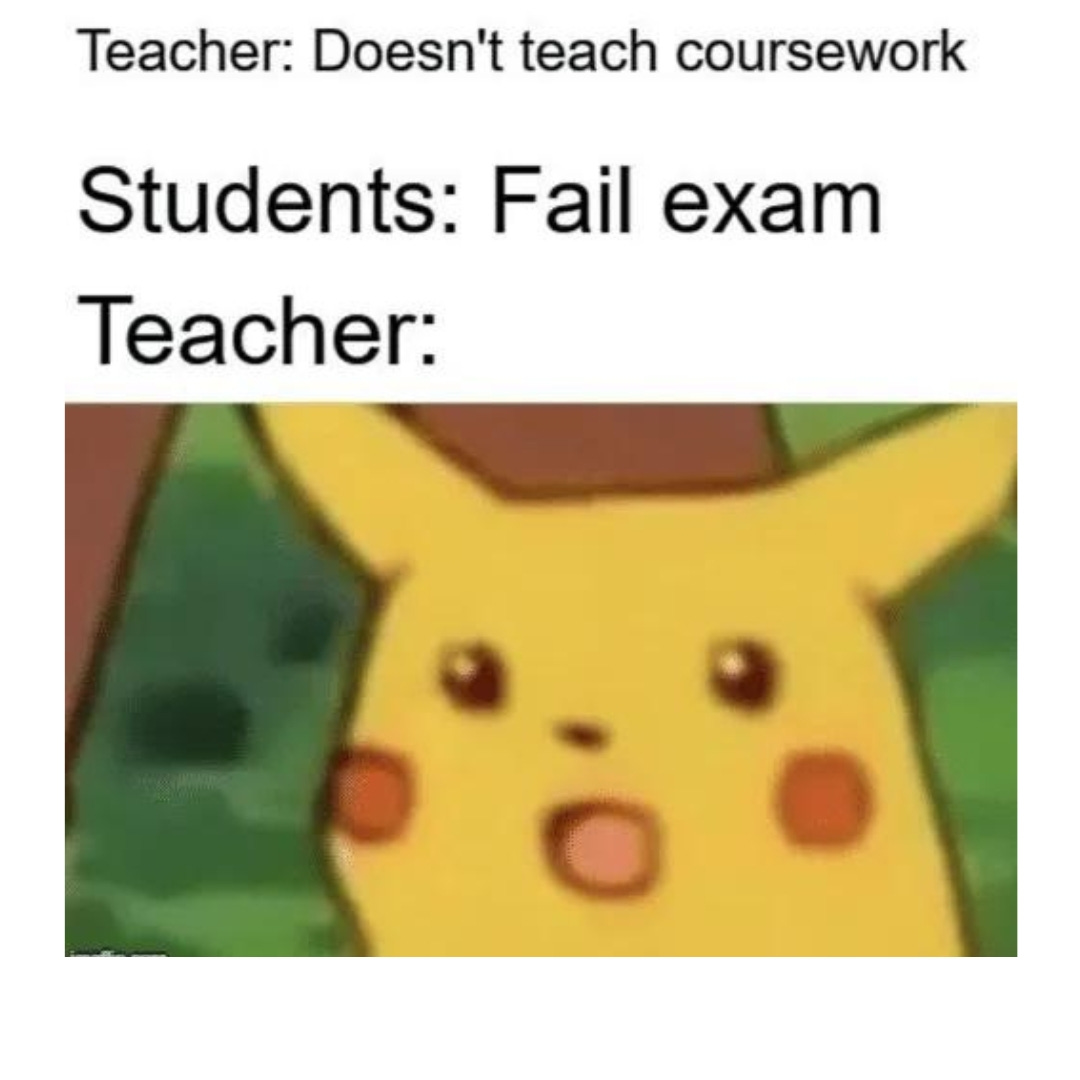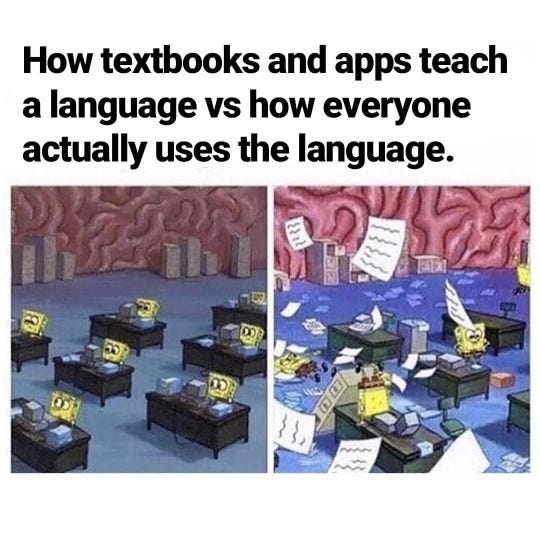It Should be Fun to Learn a New Language
Second language strategies to enjoy the learning process
Welcome, budding polyglot! This is Second Language Strategies, the best location to be when acquiring a new language is the goal. At this point I think it fair to say that public education by and large has failed students when it comes to language acquisition.
I could go through the numbers, but if you’ve been outside in the United States it is pretty clear. While most of Europe is at least bilingual, the USA is struggling to keep up; and as English becomes a crutch people rely on others to understand in order to get by, I believe a proactive approach is of much greater benefit.
The Problems
There are several issues with how language acquisition is handled in an “educational” setting. Much of this, believe it or not, is not the fault of the educator, but rather the system. As it stands, the system is designed to cater to the lowest common denominator.
That statement does not mean that the person struggling the most is a bad student, nor does it mean they are incapable of learning a second language. What it does mean, though, is that how the language is being taught simply is not working.
Sure, a teacher could work to engage the entire class, the teacher could take a risk and challenge their students to see if they would be willing to meet that challenge (hint, they would), or they could sit back, teach the same 10 verbs, colors, and numbers year after year ensuring that at least half the class is passing with 80/100 and secure their job for the following year, maybe even a snag performance bonus. Not to mention that, irrespective of how bad they are, they have near limitless protection thanks to the unions.
Before we go too far, I want to make it clear that I am not anti-educator. What I take issue with is that by not challenging the students, teachers set them up for failure. Passing a class and acquiring the knowledge are not synonymous and I will not pretend they are to save the ego of an educator who should be doing better.
Now then, the next problem lies in the way public schools fail to engage the students. The mere fact that a student could be studying a language and not be engaged is a travesty of justice. But is it any surprise when the teacher spends more time thinking about what would engage them if they were a student than they spend determining what would cause the students to engage?
Does this sound like you?

What about this?
Well I have good and bad news: You’re not alone.
Some Solutions
Now that we know what some of the issues are, what can be done to avoid falling into the same pitfalls?
First, do not torture yourself. Language acquisition is an endeavor that demands your attention. Irrespective of whether or not you enjoy the time you spend exposing yourself to the target language, you will be exhausted afterward. So you might as well immerse yourself in something you already love. There is absolutely no reason to make life more difficult by studying things you could not care less about. This, again, is where public schools fail their students.
Imagine a scenario in which, rather than memorize then copy pasta, you were encouraged to pursue things you already had an interest in? If you are already interested in the outdoors, what if your educator had provided you with magazine and newspaper articles about the outdoors in your target language?
Interested in cooking? Imagine your educator had sent you home with a recipe in a foreign language and your assignment was to make the recipe with your parents and see how it turned out?
Interested in sports? Imagine you were given a sports game to watch and asked to write about what you saw and heard and felt in your target language?
Of course, this never happens, because public schools are designed to cater to everything but the individual. As we now have seen, that simply cannot work when it comes to language acquisition. Unfortunately, the methods employed for decades now have soured the taste for language acquisition that many once had. This is why I say it is a travesty of justice. Millions of people were robbed of the joy of becoming bilingual simply because the system set them up to fail.
The Fix
While there is no outright way to remedy this atrocity, there are ways to combat it. If you are embarking on a language acquisition journey, or have even been contemplating it but are twice shy after being burnt by the public education system, this is for you.
People keep asking me what my general advice is with regards to getting started, and I’ve had to think deeply about that. The truth is, general advice is difficult because everyone is different. Though I do offer consultations to help you build a framework that works best for you, I wanted to be able to provide at least some sort of starting point and I think I have distilled it to something anyone can build into their own lives.
First, figure out what you enjoy.
What subject would you study in your native language? What things would you read in your native language? What about watch? Listen to? See where this is going?
Acquiring a second language will be difficult, but it should never be torturous. This is what turns students off in a public education setting.
If you enjoy the outdoors, look for outdoor publications in your target language. You will be amazed at how much you already understand simply because you already know the subject matter. Not only that, but you may learn something new about your favorite subject/skill/activity simply because people from different parts of the world do things differently.
If you enjoy playing cards and boardgames, practice counting in your target language, or better yet, learn a new game strictly using instructions written in your target language. Will you mess up the first time? Probably. Will you play it wrong and be confused at first? More than likely. Will you have made a step in the right direction? Absolutely. And it is that first step we are after, then the next.
If you have a show that you keep on in the background, see if it has been dubbed in your target language. You already know what is happening, with the subtitles in your native language you will be able to not only tune your ear, but make sound-sight connections to the words on the bottom of the screen.
Do you enjoy the occasional (or more than occasional) videogame? Try changing the language to your target language (sorry console gamers, this is PC advice only unless you buy the game again in another language, which is always an option), next time you play through.
There are dozens of things that you are using your native language for, and have been using it for, over the years. Every single one of these things could be done in your target language, you just have to choose what suits you best.
I watch sports in Spanish, I listen to the news in French, I read in German, I listen to music in Portuguese, and so on and so on.
The best part about choosing to begin your language acquisition independent of a public institution is that you are in control. This can also be the most daunting aspect. So really sit down and think about what you enjoy, what you know a lot about, and what you want to know more about, then attack those things full force with your target language.
Conclusion
The public school system by and large has failed when it comes to language acquisition. However, that does not mean that it needs to be the last thing you experience in your own language acquisition journey. You can choose your own path now, you can choose your own study materials now, you can choose how you are graded now. I hope you will take a chance on yourself and use this as a guide to get you started on the path.
You can do difficult things and be great, so go out and do difficult things and become great.
For more content find me on Twitter or Instagram. I look forward to seeing everyone’s progress in the months and years to come.
Disclaimer: I am not a teacher and have no professional educational experience. I am a polyglot with 2 C2s, 1 C1, and 2 B2s. Nothing here is guaranteed and all outcomes will be the result of the effort put forth by the individual.






